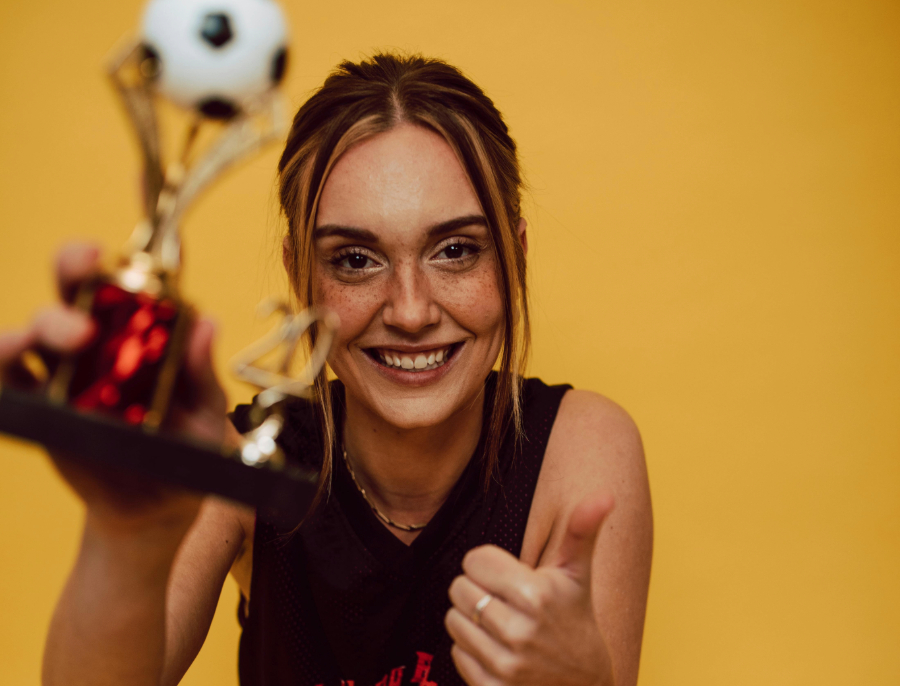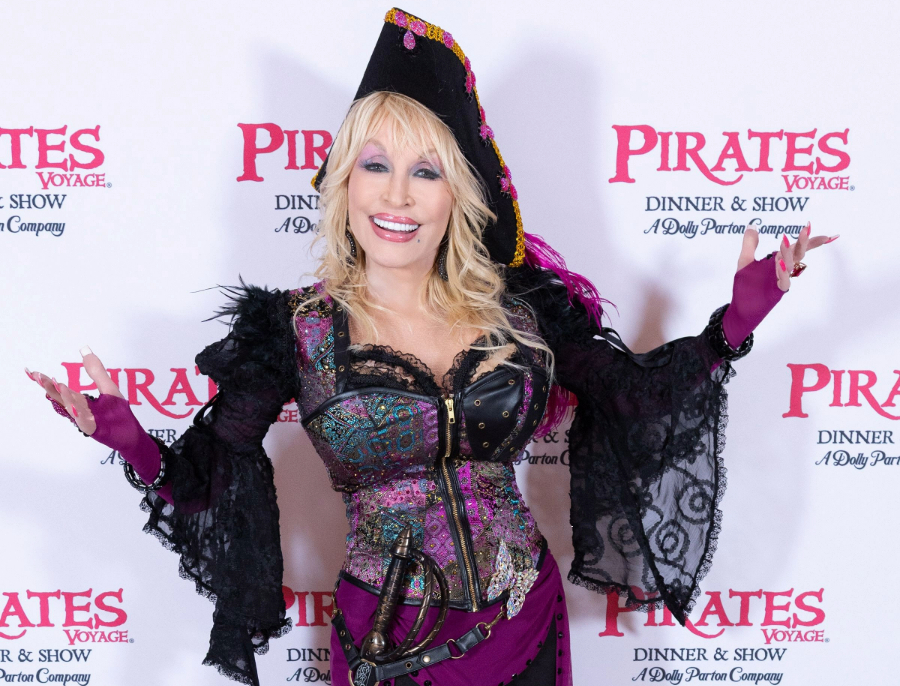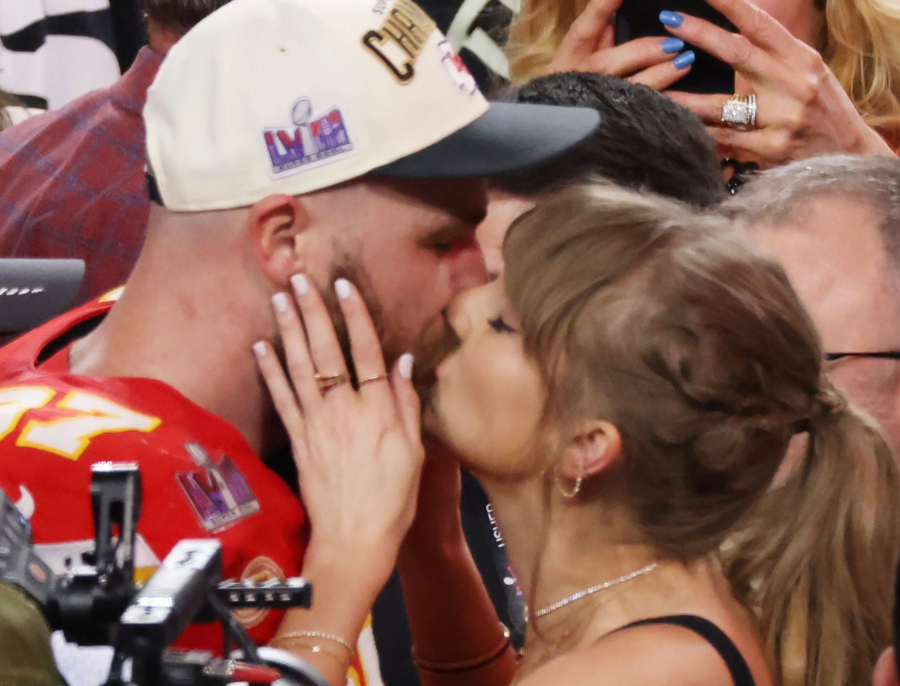Is Caitlin Clark Overrated? The ‘Good Guys’ Weigh In

Caitlin Clark entered the WNBA to ticker-tape fanfare—record jersey sales, sell-out arenas, and more search engine heat than the league had seen in years. That meteoric rise, though, has put her at the center of a culture war that is equal parts stat sheet, sponsorship dollars, and America’s uneasy relationship with race.
On Good Guys, hosts Josh Peck and Ben Soffer pressed pause on their usual hijinks to ask the question rattling basketball fans all over social media: Is Caitlin Clark overrated? Peck kicked things off with a bang, saying, “Let’s talk Caitlin Clark. She’s getting bullied, and I’m not okay with it,” and the conversation never let up.
For nearly twenty minutes, Peck, Soffer, and guest Nev Schulman of Cafish fame dissected Clark, the millions she pockets in endorsements, and the not-so-silent racial subtext behind every hard foul.
Fame versus game
Peck’s gripe is visceral: “They’re beating the — let’s call it the WWE — out of her on the court.” The viral clips back him up—eye-pokes, hip-checks, and a now-infamous shoulder barge that left Clark sprawled on the hardwood. Viewership spikes each time the Fever play, and critics wonder whether ESPN cameras secretly love the carnage.
For old-school fans, that nonstop spotlight feels disproportionate. Yes, Clark ranks first in assists (8.9), yet she’s merely eighth in scoring (18.2) and leads the league in turnovers. When peers voted her only ninth among guards for the 2025 All-Star Game, social media screamed “jealousy.” Still, players may have been judging defense, efficiency, and wins—areas where other guards, notably A’ja Wilson and Kelsey Plum, still shine.
Money, jealousy, and endorsement envy
Soffer yanked the locker room curtain wide open. “These women are literally making, like, $70, and Caitlin Clark is making 10 million in endorsements,” he notes. “They’re jealous, and they’re taking it out on her on the court.”
His tongue-in-cheek “$70” exaggeration masks a hard truth—most veterans earn under $150,000, while Clark’s Nike deal alone dwarfs that tenfold. Endorsement avalanches aren’t new—think LeBron in 2003—but the perception of unequal pay without matching playoff success fuels justified resentment.
Unsurprisingly, Soffer calls it “LeBron attention.” That attention, however, comes minus the superstar protection the NBA refs historically grant megastars. The result is a rookie who’s simultaneously the league’s meal ticket and its punching bag.
Race and the hype machine
When Soffer asks why Clark’s loudest defender is Barstool’s Dave Portnoy, the studio goes awkwardly still before he notes, “It’s just weird that the biggest, most vocal people are, like, dudes, especially guys like Portnoy.” Outside the podcast bubble, Washington guard Natasha Cloud bluntly framed the public outrage over hard fouls as “about racism,” pointing out that similar contact against Black stars rarely trends.
The optics are tough to ignore: a predominantly Black league finally lands mainstream buzz, but only after a white, Midwestern sharpshooter arrives. Clark’s skills are undeniable, yet her skin tone undeniably greases the marketing gears. For many longtime basketball watchers, that feels like déjà vu: decades of elite Black talent overlooked until a white phenom appears.
Stats don’t silence critics
Clark’s supporters note that her prowess on the court is on par with that of her colleagues. Her detractors counter with turnover totals and Indiana’s losing record. The Good Guys remind listeners that “rookie hazing” happens in every league, but Soffer also admits he doesn’t “remember LeBron or Kobe getting beaten up like this.” But production alone won’t settle the debate. Until Clark reduces miscues, improves defense, and leads the Fever deep into August, skeptics will keep one eye on her box score and the other on the billboard across from Madison Square Garden.
Caitlin Clark: Overrated or overexposed?
If the metric is cultural footprint, Clark is priceless. If it’s balanced coverage, peer respect, and championship equity, her spotlight outshines her résumé—for now. As Peck quips, the WNBA is “turning into the WWE whenever she’s on the court,” and that carnival is as much about ratings as it is about rebounds. The Good Guys verdict lands in a gray zone. Talent and hype can coexist, but when one is turbo-charged by privilege and marketing dollars, calling her overrated isn’t misogyny—it’s accountability. Clark’s next step is to win more, turn the ball over less, and let results—not race—dictate the narrative. Until then, the hottest seat in women’s sports belongs to the 23-year-old sharpshooter who’s made everyone—fans, foes, and podcast bros—feel some type of way about the future of the WNBA.
Read Next
- Look, Kylie Kelce’s Tinder Strategy Actually Worked
- Inside the Super Bowl with NFL WAGs on Sunday Sports Club
- We’re Still Not Over Stassi Schroeder’s ‘Sports Illustrated’ Swimsuit Show During Miami Swim Week




















Leave a Reply